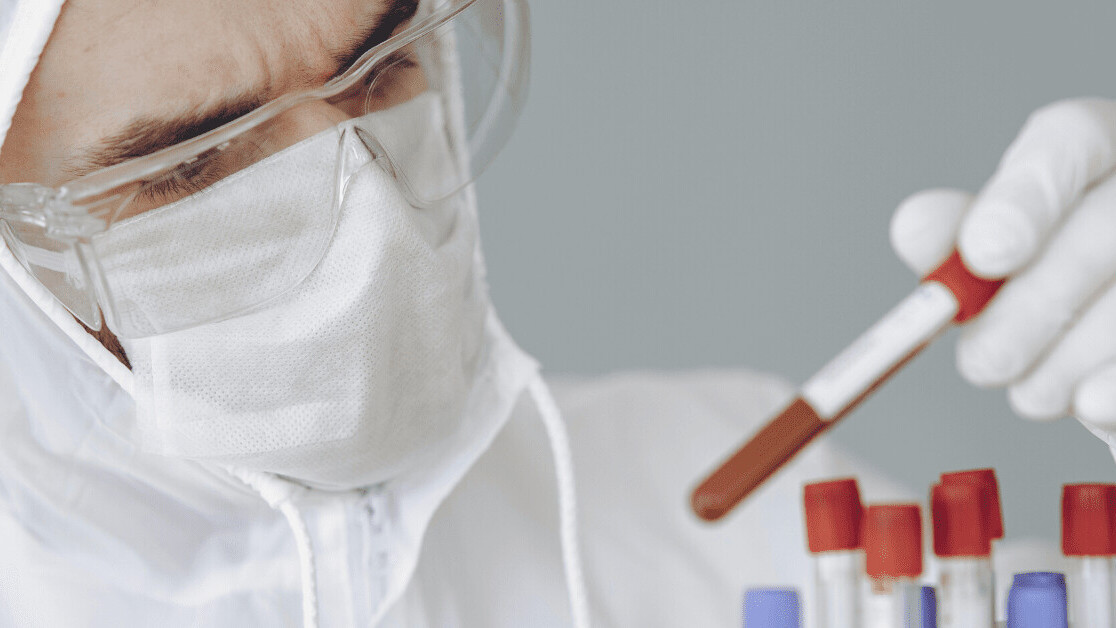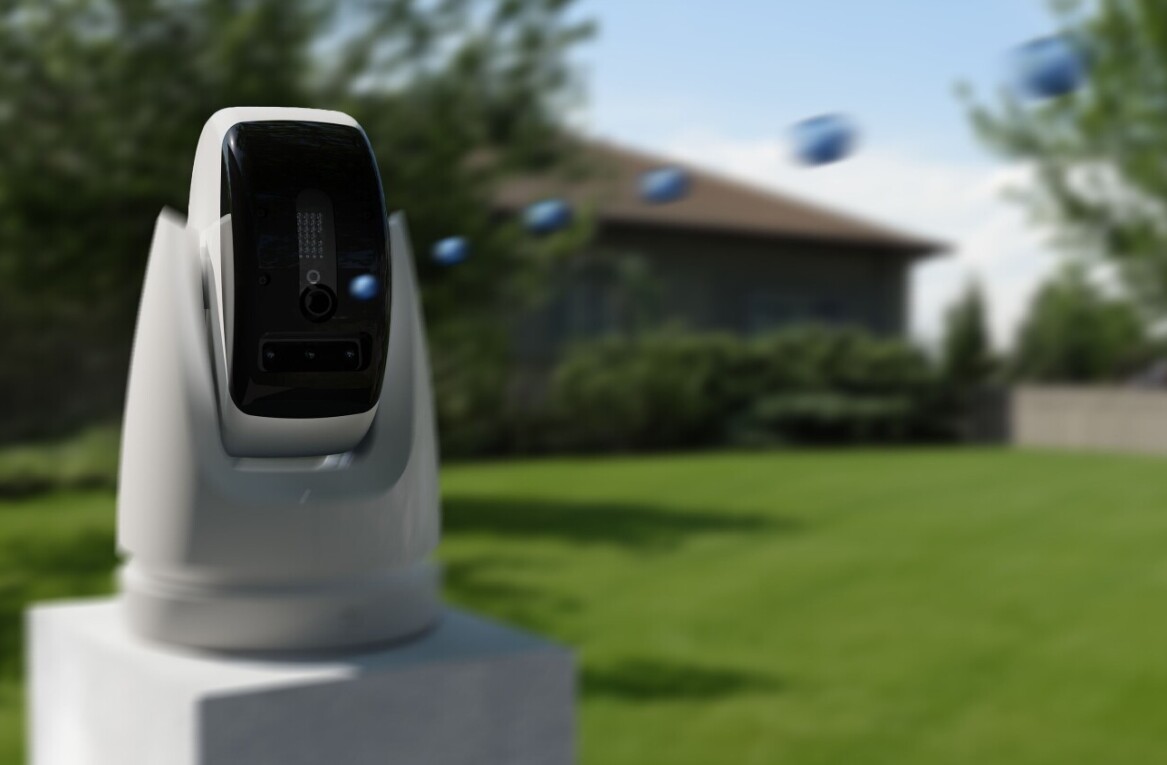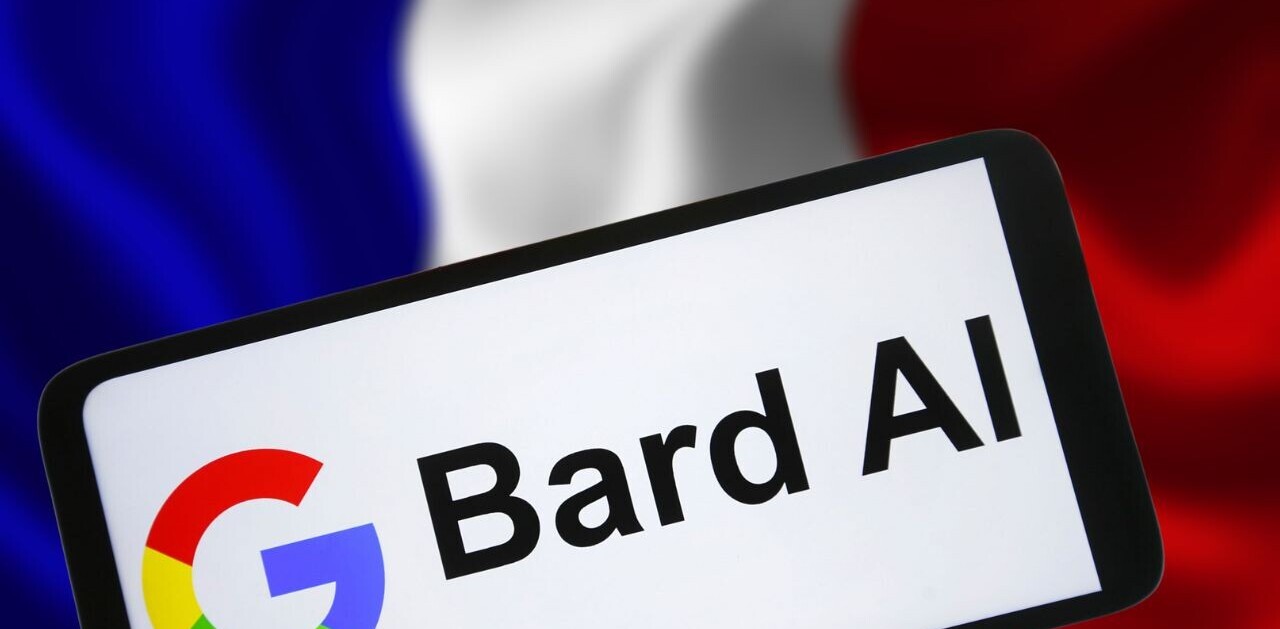A new AI diagnostic tool trained on crowdsourced symptom data can predict whether someone likely has COVID-19 without testing.
The model was trained on data from more than 2.5 million users of the COVID Symptom Study app developed at King’s College London, which anyone can download to report their daily health status.
Around a third of the users had logged symptoms associated with COVID-19. Some 18,374 reported having had a test for coronavirus, 7,178 of whom had tested positive.
The researchers then investigated which symptoms were most likely to be associated with a positive test — and made some striking discoveries.
[Read: AI model predicts the coronavirus pandemic will end in December]
Their findings suggest that focusing on fever and cough is dangerously insufficient. In fact, their most common predictor of COVID-19 was the loss of taste and smell — known as anosmia. Two-thirds of users with positive tests reported this symptom, compared to just a fifth of those who had tested negative.
Building a model
The researchers used all this data to create a mathematical model that diagnoses whether someone likely has COVID-19 based on their age, sex, and a combination of four symptoms: anosmia, severe or persistent cough, fatigue, and skipping meals.
They found that the AI’s predictions were accurate nearly 80% of the time. Of over 800,000 app users who said they were unwell, just under a fifth were predicted to have the disease.
Professor Tim Spector from King’s College London said the results showed that anosmia should be included in routine screening for COVID-19:
We strongly urge governments and health authorities everywhere to make this information more widely known, and advise anyone experiencing sudden loss of smell or taste to assume that they are infected and follow local self-isolation guidelines.
The researchers believe combining their AI system with mass adoption of the COVID Symptom Study app will show where tracking and testing are needed most.
Even if the tool’s accuracy leaves a lot to be desired, it could help overcome the shortages in coronavirus testing.
Get the TNW newsletter
Get the most important tech news in your inbox each week.





